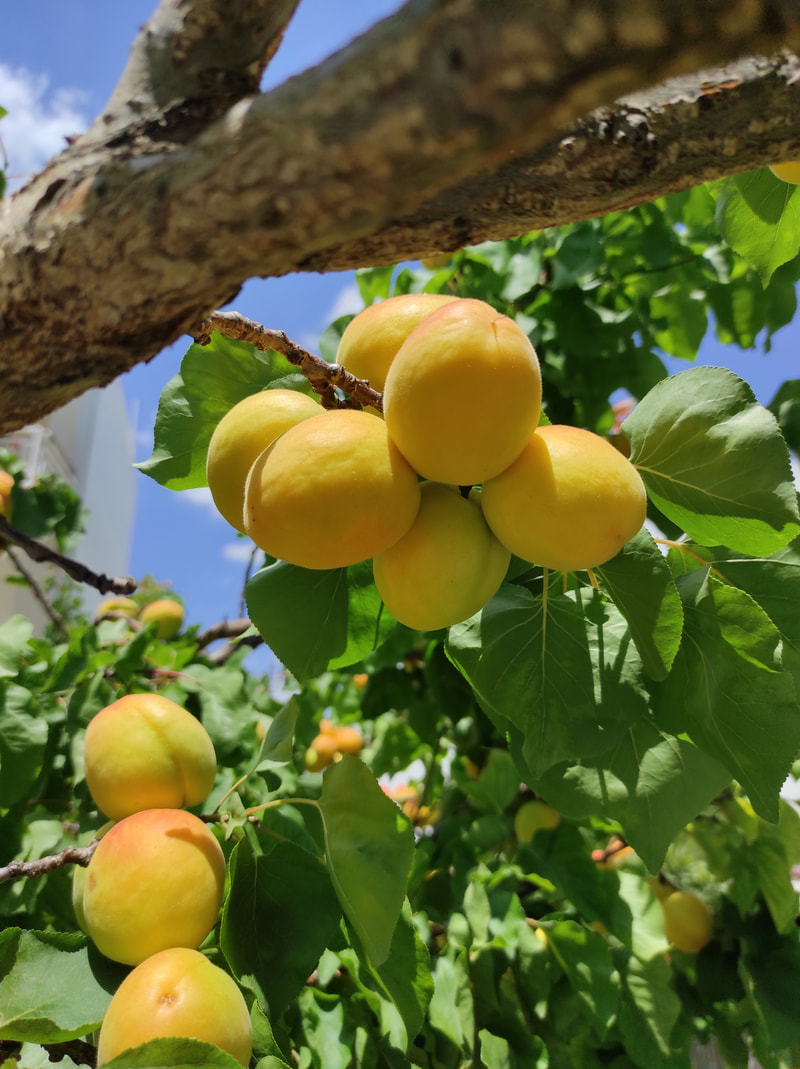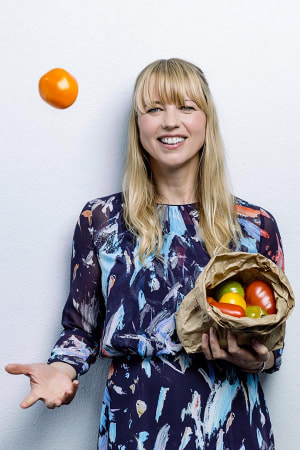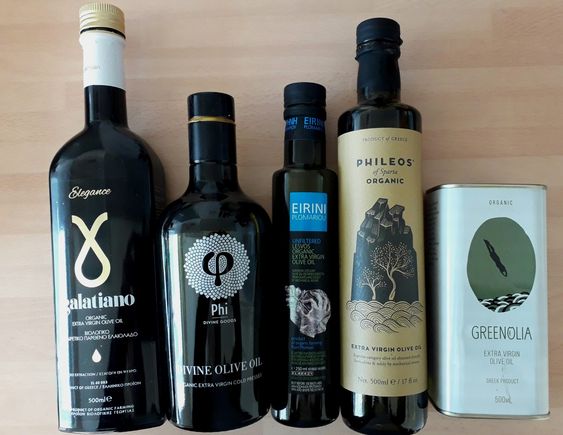|
Richer in nutrients and dietary fiber, organic food would also reduce exposure to pesticides. Interview with Denis Lairon, nutritionist and research director emeritus at Inserm (National Institute for Health and Medical Research). According to the Barometer of the perception and consumption of organic products published in March 2022, 9 out of 10 French people consume organic (91%). What is the impact of this diet on health? Answers with Denis Lairon, nutritionist and research director emeritus at Inserm (National Institute for Health and Medical Research). Eating organic would be better for your health. Is it true ? Organic foods are better in terms of nutritional values. It is noted that in vegetable products, there is less water, especially for vegetables. According to studies, we also notice that there is more magnesium, iron and zinc. Consumers of organic products also have a better diet. For example, they choose more cereals made from brown or wholemeal flours, and pulses, which are rich in nutrients, minerals and dietary fibre. This has a major impact on their nutritional status. We observe that those who regularly eat organic have significantly higher nutritional intakes than those who never eat organic. Organic enthusiasts are also less inclined to buy animal products (meat and dairy products). Conversely, they consume twice as many fruits and vegetables, unrefined cereals... We also measure between 40 and 80% reduction in exposure to pesticides. Scientific work published with the NutriNet-Santé cohort since 2013 and by the BioNutriNet study also indicates that eating organic reduces the risk of obesity and overweight... In 2013, we worked on a sample of 54,000 adults at any given time. We have observed that among regular consumers of organic (about 60-70% of their food), the risk of becoming obese is reduced by 50%. In our second study, we followed 62,000 people over three years, and found that there was a 30% reduction in the risk of obesity and overweight. These results are confirmed by two other studies carried out worldwide, in Germany and the United States. What about other diseases? For cardiovascular risk, we studied the metabolic syndrome. It is characterized by abdominal overweight, hypertension and increased blood sugar. We found that there was a 31% reduction in the risk of having metabolic syndrome for people who regularly ate organic compared to those who never ate organic. For type 2 diabetes, 33,000 men and women were followed for 6 years. The overall result is a 35% reduction in the risk of having type 2 diabetes if you eat organic food regularly. The difference is much more marked in women than in men. Another study on 70,000 adults finally indicates a 25% drop in the overall risk of cancer among organic consumers. Source: See article for organic here
No additives, fewer pesticides and much more eco and animal-friendly than your average slice of bacon or jar of honey – when it comes to organic produce, there’s a lot to love. As the daughter of a beef farmer and an ambassador of Organic September’s #FeedYourHappy campaign, Sara Cox knows a thing or two about the joys of organic food. When we caught up with her she told us that she eats organic not just because “it’s gorgeous,” but because she believes that “it’s good for the animals and good for the planet,” too. “Give me a knobbly misshapen organic strawberry over the weirdly uniform non-organic ones any day,” and she’ll be happy, she says. We couldn’t agree more, to be honest, which is why we asked her to come up with a few top tips for how to #FeedYourHappy in the capital this Organic September: Get stuck in On September 16, shops across the city will be hosting all sorts of celebrations and offering free organic samples to customers. ..........have an Organic Kitchen pop-up with lots of cooking demonstrations using delicious organic ingredients going on. Guide to Organic SeptemberSpend a little, learn a lot
Catch River Cottage at Borough Market all month, delivering a season of cookery courses and free talks. Find out more info here. Go local Pop at independent pro-organic shops, ......... Or take a trip down to your local market and support organic farmers. Urban Food Fortnight – which runs from 8-24 September – showcases all the fabulous food that's produced across London. With a programme packed full of foodie events, it's a fantastic way to explore something new! Try something new Give an organic delivery box scheme a trial run. Check out companies that deliver in London, such as the Organic Delivery Company, Abel and Cole, Riverford or Well Hung Meat. A full list can be found here. Shop smart Look for the organic symbol - Soil Association or Organic Farmers & Growers - and make small changes to your weekly shopping. Take advantage of the amazing offers on your favourite organic products and stock up, or start small with your everyday essentials like milk or tea. Here's a great guide for what to look out out for. Eat up Look for organic when you eat out. There are some amazing restaurants and cafes that serve organic food. If you see the Organic Served Here logo, you can be sure they are committed to sourcing organic ingredients. The Soil Association has a fantastically comprehensive round-up of some of the capital's best pro-organic eateries. ''Sarah Cox's Guide to Organic September'' full article can be found here - Source: Foodism Globally, it seems that organic food sales have gone up year after year. We have been wondering why we need to put the figures first before our health in order to see organic foods consumption increase.
Why we need to make the soil ''dead'' by having a massive concentration of toxic pesticides, herbicides and heavy metals into it when conventional farming practices are applied? Organic products do not need to be sprayed with toxic chemicals to be protected from diseases. There are numerous studies about the serious health risks when non-organic foods products are consumed. Toxins and heavy metals are concentrated in fat cells and tissues by eating foods of non organic farming. Washing the fruits before eating is not enough anymore, needless to say that you can not rinse off any chemicals from a ready meal. It is intriguing to check the increase of cancer cases across the world related to the consumption of conventional food. Apart from chemicals in our foods, these toxic substances remain in the soil for years or rinsed off by rain. The latter phenomenon may lead to the sea and rivers pollution while the former leads quickly to soil quality deterioration. Lowering soil quality means no cultivation of anything at all after a few years. |
Archives
January 2023
Categories
All
|



 RSS Feed
RSS Feed
